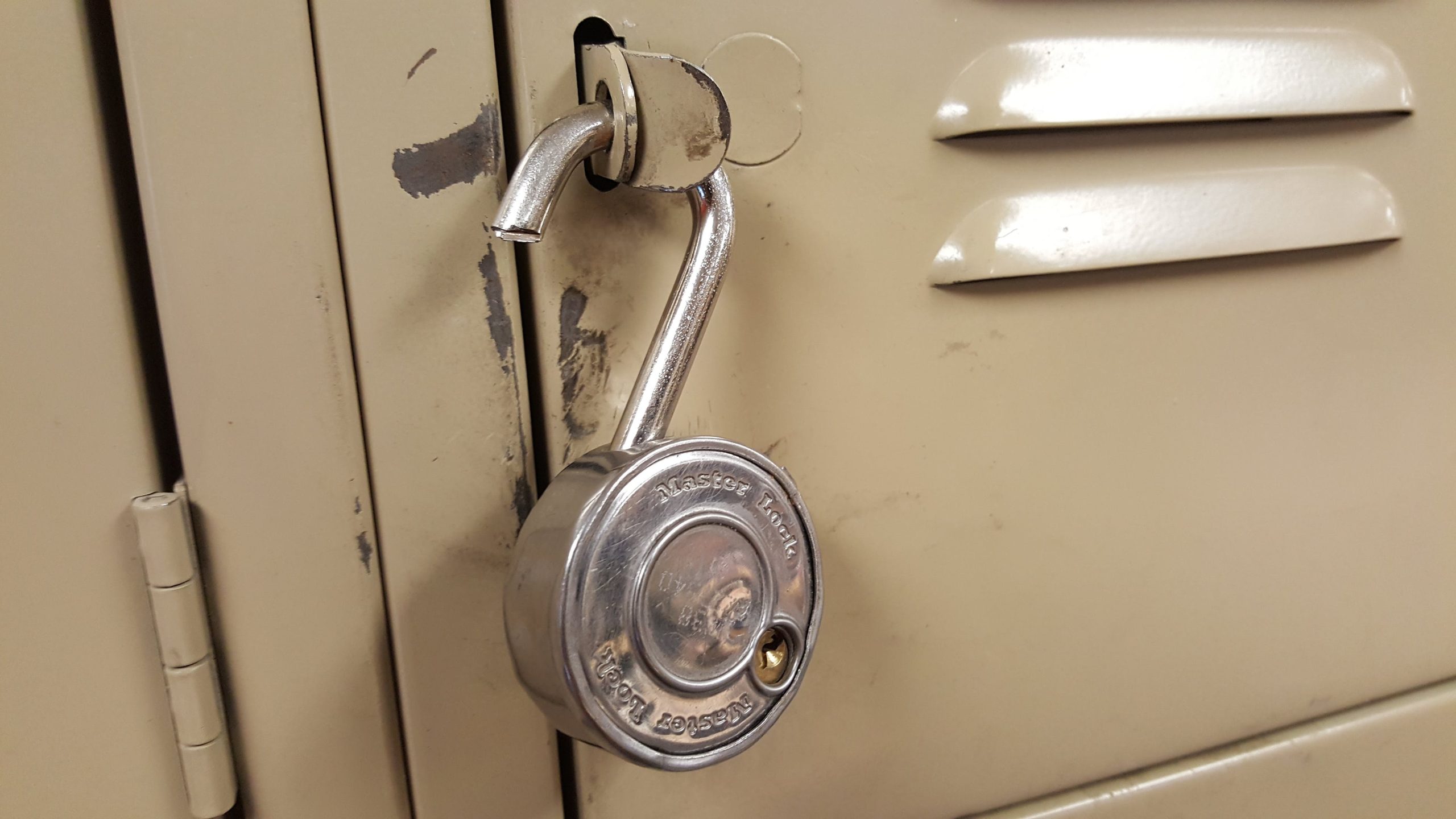Data steward Yasemin Turkyilmaz-van der Velden is puzzled by objections against open access requirements. “People probably don’t understand why these have been set up.”
"Many articles are hidden behind paywalls which were funded by public money."
I was triggered to write this opinion piece after reading the Delta article entitled Doctoral candidates obstructed by open access. I did my bachelor’s, master’s and PhD in science so that I can address scientific problems and be beneficial to society. However, I was disheartened to see that there are many barriers to this.
When we examine how research practices actually take place, we see that there are research groups around the world who are very secretive about what they are doing so that they can be the first to publish their results in a high impact journal. As a result, multiple research groups studying the same topic often have to compete against time and each other. This leads to some winners who manage to be the first to publish, and the rest getting scooped and not being able to publish their results in a similar journal. Further, this crushing time pressure means that researchers are pushed to publish their results without proper validation and documentation contributing to the enormous reproducibility crisis. So why is this happening?
Puzzled
In the current academic environment, funding and promotion criteria are based on publishing in high impact journals,forcing researchers to enter the competition. And if we take a closer look at the scholarly publishing system, we see that researchers first need to pay to publish their results in a journal, then pay again to be able to read the journal articles, and on top of that do peer-reviewing for journals for free, so that publishing giants can fill their pockets with profit margins of up to 37%. This is higher than Apple and big oil companies. As a result, many articles are hidden behind paywalls which were funded by public money in the first place. This way research results which are the outcome of the hard work of researchers end up in a PDF file which does not show the underlying data for reuse and validation in the current data-driven age we are living in.
‘There is a lack of awareness of the facilities provided that enable open science’
This is why I am so puzzled when I hear objections against funders’ open science requirements. I believe that this is happening because firstly, it is not fully understood why open science requirements are put in place; secondly these requirements are misinterpreted; and thirdly there is a lack of awareness of the facilities provided that enable open science.
Regarding the first point, it is crucial for policy makers in funding agencies and universities to communicate well with researchers. After all, such policies are put into place not to make researchers’ life more difficult. On the contrary, they are here to increase the impact and visibility of the researchers.
Many possibilities
Regarding the second point, in a technical university such as TU Delft, many researchers work closely with companies and are therefore bound by contractual obligations. Additionally, many researchers work with personal data which needs to be handled in compliance with the GDPR requirements. Funders go along with ‘as open as possible, as closed as necessary’ so that as long as there are valid reasons, researchers do not need to open up all their results.
Regarding the third point, there are many possibilities to publish open access, especially for TU Delft researchers. The TU Delft Library has made open publishing agreements at no cost or with a discount for the corresponding author with multiple major publishers. Additionally, the TU Delft Library offers an Open Access Fund with a compensation of up to EUR 2,000 per article. Moreover, thanks to Dutch copyright law, now as a pilot, the publishers’ versions of short scientific works (a scientific article or book chapter) can be made available after six months via a university repository, which allowed a majority of peer-reviewed articles from TU Delft authors to become open access.
Finally, in the current changing funding landscape where researchers are expected to publish their papers and data openly, it is not feasible to evaluate researchers based on high impact journal publications alone for funding and promotion criteria. Luckily, VSNU, NWO, NFU and ZonMw are starting to implement new ways to recognise and reward academics.
Yasemin Turkyilmaz-van der Velden works as a Data Steward at the TU Delft Faculty of Mechanical, Maritime and Materials Engineering. At the same time, she is writing her PhD thesis about UV-induced DNA damage repair in mammalian cells.
Opinion / Our platform is open to well written and well argued opinion articles written by students and employees of TU Delft. The maximum word count is 700. Email us at delta@tudelft.nl.



Comments are closed.